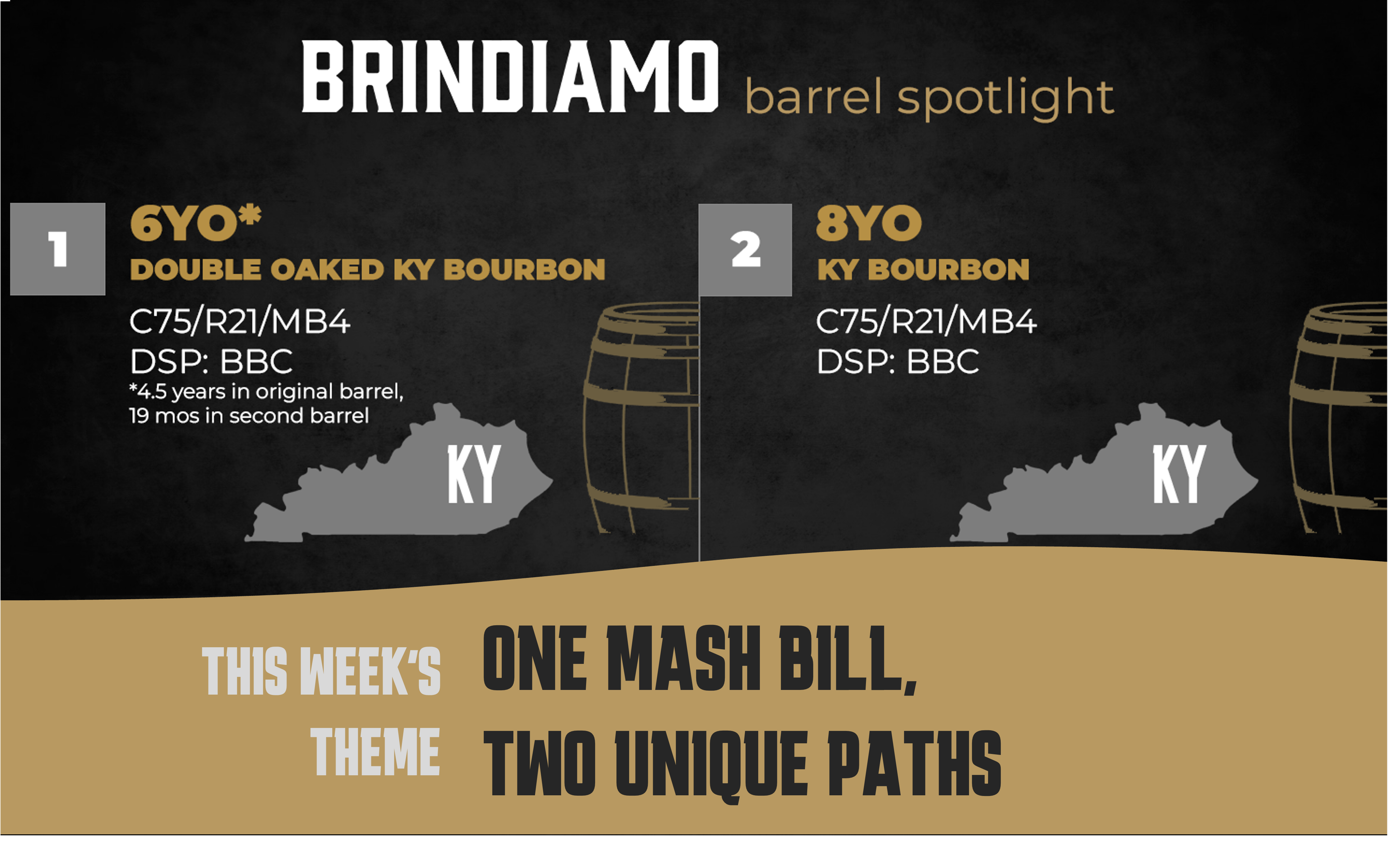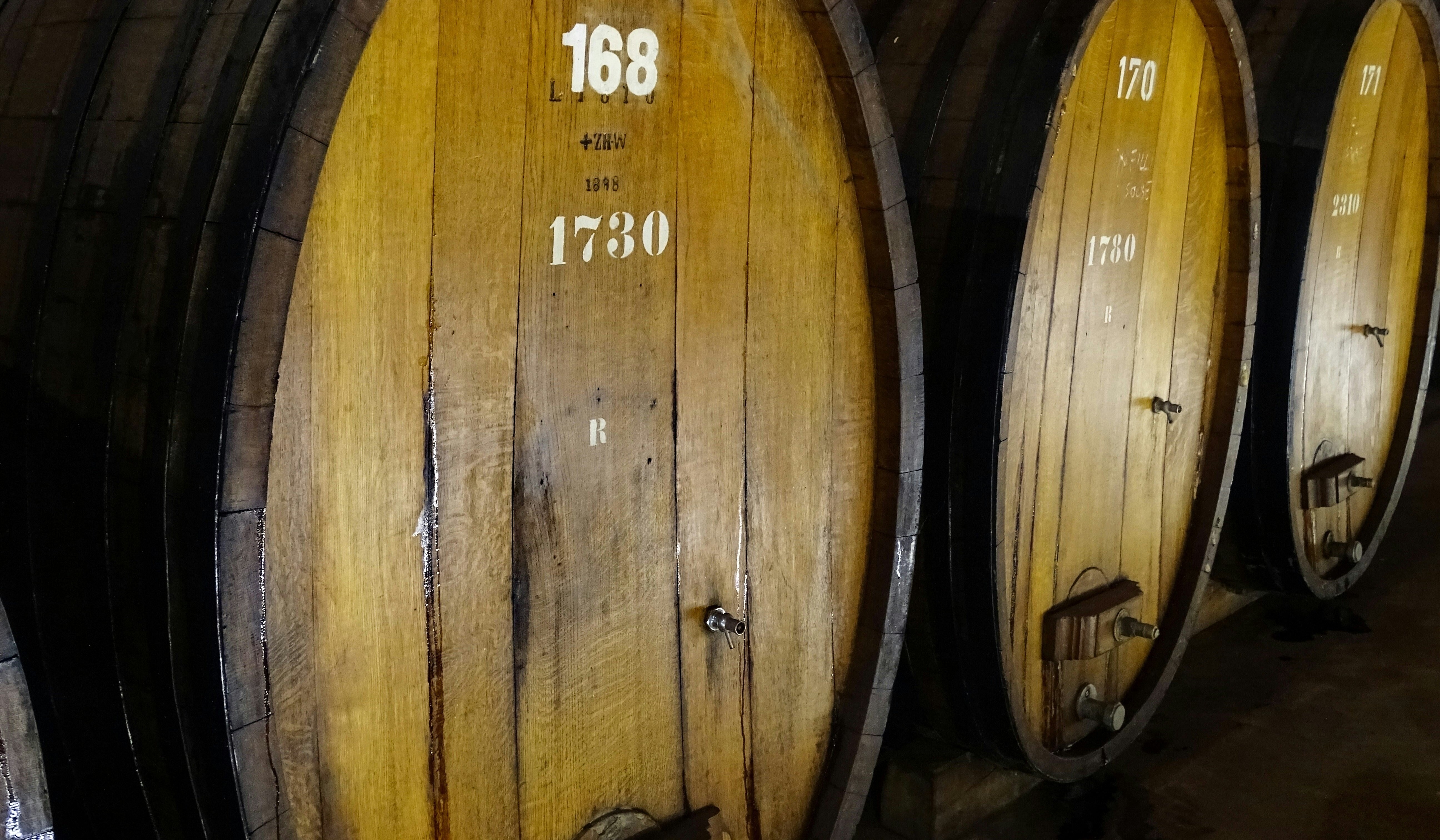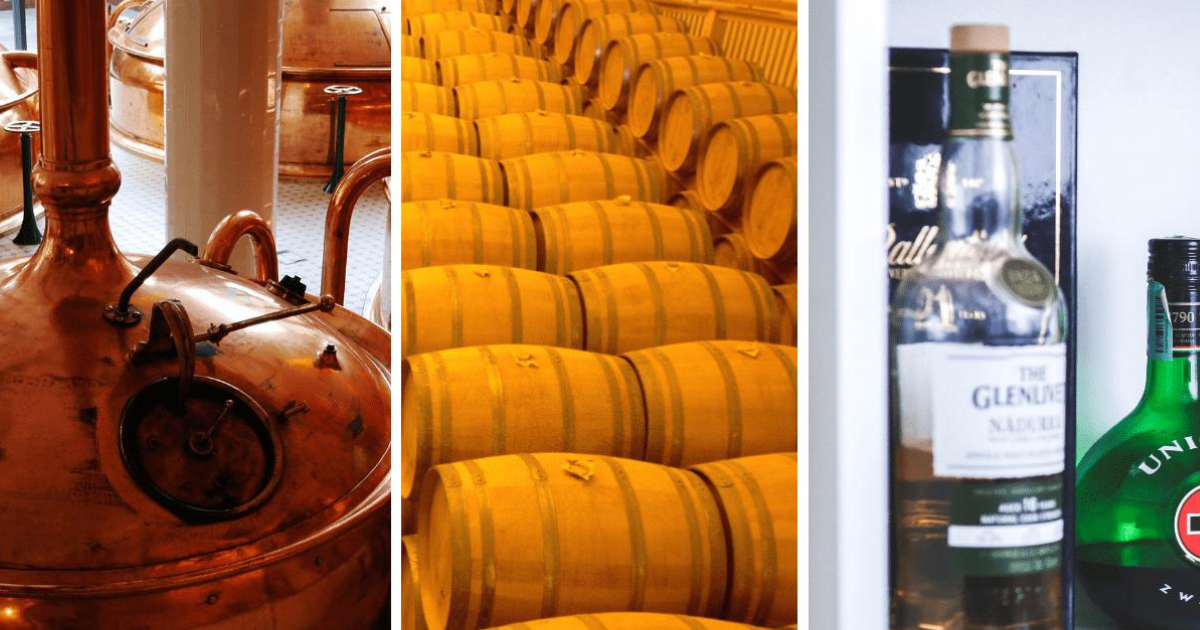The Quiet Squeeze on 8‑Year‑Plus Whiskey
Why mature liquid remains scarce even as younger barrels soften — and what it means for buyers For the last two years, the dominant narrative in bulk...
.png)
Did you know the smaller the barrel, the quicker the alcohol aging process? If you're in search of sourcing solutions for your bulk alcohol product needs, you're in the right spot. It's common for most people to have a bottle of alcohol stored in their freezer or cabinet.
You might be questioning whether this alcohol is still suitable for consumption. Whether you're storing in bulk or in smaller quantities, knowing how to create the right environment for your liquor is crucial. Follow these tips and tricks to ensure your spirits preserve their quality, taste better, and age gracefully.
Here’s what you need to know about the process of bulk storage:
Barrel aging alcohol is often seen as an art form, although it may not be suitable for every type of liquor. To achieve consistently delicious and perfectly aged spirits, factors such as barrel size, aging time, and storage environment must be taken into consideration. The level of toast or char in the barrel also plays a crucial role in shaping the desired flavor profile as the liquor matures over time.
During the initial months after a spirit is placed in a barrel, significant changes take place. Aged spirits harmoniously blend with the natural flavors of the barrels, resulting in a delightful liquor over time. Irish whiskies and single malt scotches, for example, require a minimum of three years of aging. On the other hand, Tequila varieties should be barrel-aged for at least one year, but no more than three.
When aging spirits, it's essential to consider that the impact of a barrel on the liquid inside diminishes with each use. Old barrels are commonly repurposed for aging cognac, Tequila, and Scotch whiskey. Additionally, the environment in which the barrels are stored plays a significant role in the barrel aging process. As the wood materials of the barrels naturally breathe, the gradual oxidation of the spirits helps break down compounds, facilitating the integration of flavors into the liquid.
Typically, it's recommended to store distilled spirits like whiskey, vodka, gin, rum, and tequila at room temperature. Some experts even suggest that the optimal range is between 55 and 60 degrees.
Keeping your bulk product in a cool environment helps preserve your liquor for an extended period. High temperatures can cause the alcohol to expand, leading to faster evaporation. While storing your bulk product in a warm place won't pose a health risk, it may result in quicker oxidation and changes in taste over time.
Contact Brindiamo Group today to learn more about the bulk sourcing process!
Experts typically advise storing wine bottles on their sides, but when it comes to small batch liquor or bulk barrels, it's a different story. Tilting your liquor containers downwards during storage can lead to corks, barrel woods, and other factors mixing with the liquid and potentially altering the taste. To prevent any negative effects over time, it's best to store your bottles or bulk containers in an upright position for optimal storage results.
Full bottles of liquor last longer than ones with just a little left over. Generally speaking, the smaller the amount in a bottle, cask, or barrel, the more quickly oxidation will occur. Avoid speeding up the oxidation process by finishing a bottle off or refilling your bulk stored containers more quickly with a reliable liquid sourcing agent. Full bottles of liquor have a longer shelf life compared to partially filled ones. In general, the smaller the amount of liquor in a bottle, cask, or barrel, the faster oxidation occurs. To prevent hastening the oxidation process, it is advisable to finish off a bottle or promptly refill your bulk containers with the assistance of a reputable liquid sourcing agent.
Deciding on the best liquor for your business can be challenging, especially if you're new to the alcohol industry. If you're unsure about investing in the alcohol business, Brindiamo Group is here to assist you in making informed decisions and connecting you with the right partners.

Why mature liquid remains scarce even as younger barrels soften — and what it means for buyers For the last two years, the dominant narrative in bulk...

As we reflect on 2025, we wanted to take a moment to look back with you. This past year, our team published across more mastheads than ever before —...

Welcome back to the Brindiamo Barrel Spotlight, our weekly email series highlighting the barrels, distilleries, and market dynamics shaping today’s...

When it comes to sourcing spirits, ensuring you have the right quantity, prices, and flavors can be a bit tricky without all the details. While...

The alcohol industry is as competitive as it is exciting. Whether you’re launching a new craft spirit, revitalizing a legacy label, or expanding your...

For anyone looking to produce, sell, import, or supply alcohol, understanding the 3-tiered system is crucial. Following the prohibition era, the U.S....
Join the conversation
Leave a comment below.